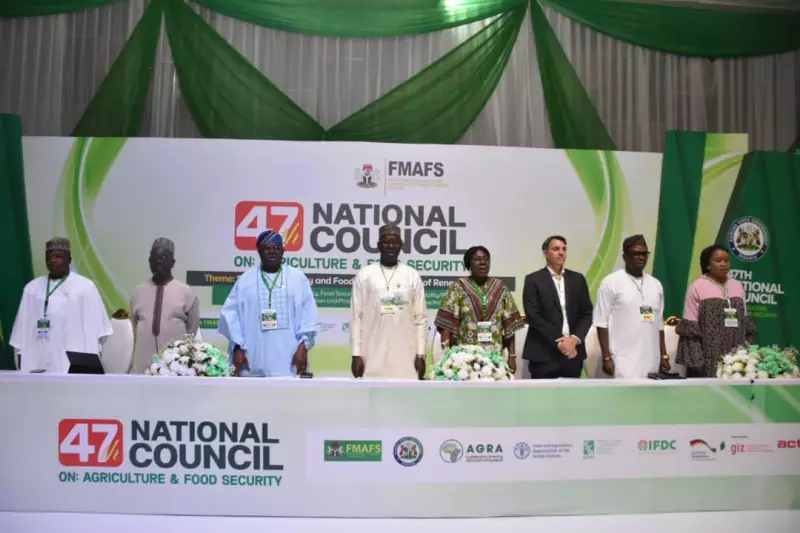
In a landmark gathering that could reshape Nigeria's agricultural future, the Federal Government has joined forces with leading international development partners to tackle the nation's food security challenges head-on. The 47th meeting of the National Council on Agriculture and Food Security (NCAFS) has become the epicenter of what many are calling a transformative agricultural revolution.
Strategic Collaboration for National Food Sovereignty
The high-level brainstorming session brought together Nigeria's top agricultural policymakers and global experts to develop comprehensive strategies that will not only address immediate food security concerns but also establish long-term food sovereignty. The meeting focused on creating sustainable frameworks that will make Nigeria self-sufficient in food production while strengthening its position in global agricultural markets.
Key Focus Areas of the Historic Meeting
- Modern Agricultural Techniques: Implementing cutting-edge farming methods to boost productivity
- Supply Chain Optimization: Revolutionizing how food moves from farms to tables
- International Best Practices: Leveraging global expertise to transform local agriculture
- Policy Harmonization: Creating cohesive agricultural policies across all governance levels
- Youth Engagement: Developing programs to attract younger generations to agriculture
Building Resilience Against Food Crises
The collaborative effort represents a proactive approach to preventing future food crises while addressing current challenges. By combining local knowledge with international experience, the partnership aims to create robust systems capable of withstanding climate shocks, economic pressures, and global market fluctuations.
This strategic alignment between Nigeria and its international partners marks a significant milestone in the country's journey toward sustainable agricultural development. The outcomes of this meeting are expected to influence agricultural policies and implementation strategies for years to come, potentially serving as a model for other developing nations facing similar challenges.





